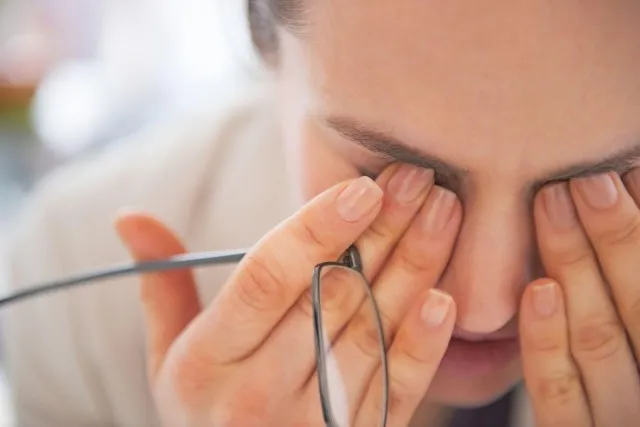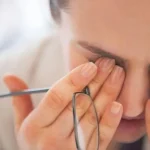Diabetes mellitus (DM), simply referred to as diabetes, is a cluster of diseases upsetting the body metabolism resulting in high blood sugar levels and producing commonly observed symptoms like frequent urination, increased thirst, and increased hunger. When left uncontrolled, it leads to complications affecting various parts of the body – including the eyes. Individuals who are suffering from diabetes have blood sugar abnormalities that extend even to the small blood vessels in the retina. Diabetes is known to cause problems in the retina with what are collectively called micro vascular abnormalities. Because of high blood sugar levels, new abnormal blood vessels begin to grow on the surface of the retina. This is called proliferative diabetic retinopathy. Though it is also true that not everyone who has diabetes develops an eye complication, but they are at a much higher risk than people with normal blood sugar levels. Protecting Eyesight while having Diabetes Studies have shown that people from India, Pakistan, Bangladesh and Sri Lanka (South Asian countries) have a four to five times greater risk of developing diabetes than someone from a European country. So it demands us to be more careful of such situation. What we need is to reduce the risk and adopt preventive measures. Risk factors for developing diabetic retinopathy can be divided into those you are able to control and those you cannot. Good diabetic control significantly lowers your risk of retinopathy. 1. Home testing your blood sugar levels is a very effective way of making sure you are controlling your blood glucose. You prick the tip of your finger and place a drop of blood on a testing strip. You put the strip in a glucose meter which displays your blood glucose level on a screen. 2. Improving your blood glucose levels can greatly lower your risk for retinopathy. Your doctor will work with you to set your target blood glucose levels and teach you what to do if they are too high or too low. 3. Have a healthy diet and be physically active to reduce your need for medication to control your blood glucose, blood pressure, cholesterol, and triglycerides levels. 4. Eating leafy green vegetable and keeping direct sun out of your eyes are good added prevention measures. 5. You should also go for an annual eye examination with the eye doctor and get your retinal examination done too in case you are suffering from diabetes. Closing thought here is that if you have diabetes, you should be more careful about your eyes than normal person because after diabetes, follows vision problem. In general, keeping controlled blood glucose and eating right is crucial for healthy eyes.





